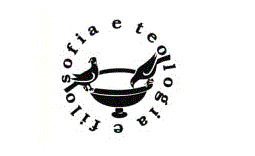


L’importanza della tradizione enochica per lo sviluppo del pensiero ebraico difficilmente può essere trascurata. È stata la tradizione di Enoc che per prima ha sviluppato l’idea di una nuova creazione come rimedio alla corruzione del male e ha immaginato il tempo del giudizio universale come un tempo di vendetta ma anche di perdono, quando i peccatori che si pentono saranno giustificati dalla misericordia di Dio. Ed è stata la tradizione enochica che per prima ha sviluppato l’idea di un messia celeste come agente e giudice di Dio alla fine dei tempi. Protologia ed escatologia sono indissolubilmente legate nel pensiero apocalittico enochico, che guarda al futuro ma nei suoi testi parla soprattutto del passato e del presente dell’umanità. Queste idee rimasero molto controverse e generarono un acceso dibattito tra i diversi gruppi del giudaismo del Secondo Tempio, plasmando direttamente il nucleo strutturale del primo movimento di Gesù.
The importance of the Enochic tradition for the development of ancient Jewish thought can hardly be overlooked. It was the Enochic tradition that first developed the idea of a new creation as a remedy for the corruption of evil and envisioned the time of the end not only as a time of vengeance but also of forgiveness, when the repentant sinners will be justified by the mercy of God. And it was the Enochic tradition that first developed the idea of a heavenly messiah as God's agent and judge at the end of time. Protology and eschatology are inextricably linked in the Enochic apocalyptic thought, which looks to the future but in its texts speaks above all of the past and present of humanity. These ideas remained highly controversial and generated heated debate among the different groups of Second Temple Judaism, directly shaping the structural core of the early Jesus movement.